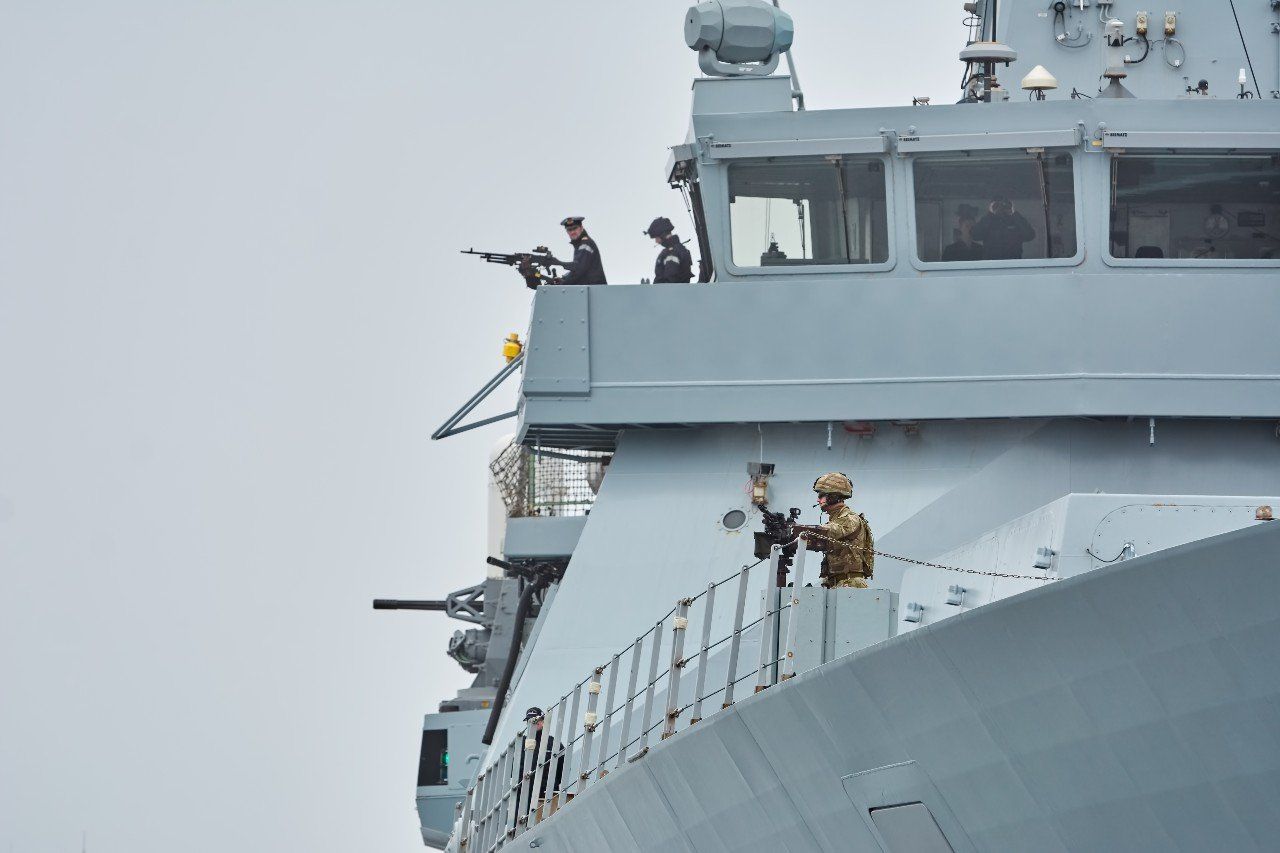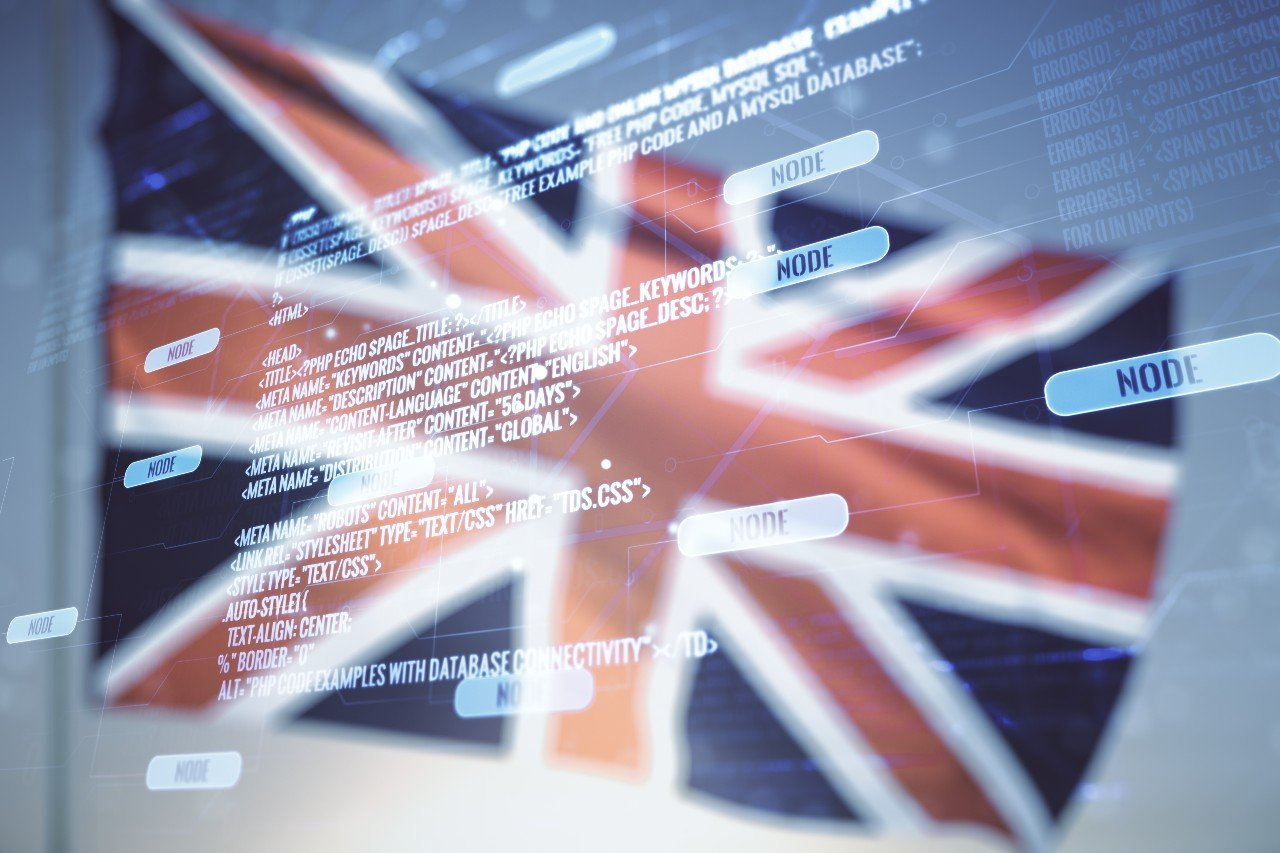
What do you see as the major challenges facing Defence in 2022 and beyond?
From the Maritime perspective, our nation’s always been reliant on the free and open use of the seas for her security and prosperity. But the rules and norms that underpin these things are being challenged as state powers invest in naval capabilities to assert their influence … and reduce ours. Even in home waters, the rule of law is threatened by transnational organised crime and terrorism and climate change, competition for resources and resulting migration will only exacerbate these dynamics.
From the Maritime perspective, our nation’s always been reliant on the free and open use of the seas for her security and prosperity. But the rules and norms that underpin these things are being challenged as state powers invest in naval capabilities to assert their influence … and reduce ours. Even in home waters, the rule of law is threatened by transnational organised crime and terrorism and climate change, competition for resources and resulting migration will only exacerbate these dynamics.
How is Defence currently responding to those challenges?
Our first priority is to deliver the IR. That work characterises these challenges comprehensively and lays out our immediate actions to get after them. We have a laser focus on meeting our part of that national response.
What changes do you think Defence can make to address those challenges, both now and in the future?
The IR also makes clear that the pace of change continues to accelerate. AI, machine learning and what I would term a fourth industrial revolution will increase the pace of threat evolution. We must be bold to ensure we stay ahead. In every part of our organisation, we’re looking to go faster and further.
Our viewpoint
Our viewpoint
Although we talked to Jim before the recent invasion of Ukraine, many of his comments now feel especially relevant. He observed that state powers were investing in naval capabilities “to assert their influence … and reduce ours”, and as ex-US Admiral James Foggo notes, Russia’s “incredible amount of force in the Black Sea and the Sea of Azov” has enabled them to attack Ukraine from the sea, as well as land and air.
Jim also observed that AI and machine learning is changing the threat landscape and with the West continuing to resist Ukranian calls for military participation, we see a war of not only economic sanctions but in an information environment powered by what Jim calls the “fourth industrial revolution”. With
Russia reportedly investing heavily in AI to identify, analyse and refute misinformation, we see the Putin regime using fake news and misinformation to try and convince the Russian people that this is a legitimate "special military operation" and to promote the theory that it is the West threatening its borders with the eastward expansion of NATO.
Having worked in the information environment for many years, and as the change team now leading the Information Advantage Change Campaign, we know only too well the importance of information operations in the so-called ‘grey zone’. Last October, our work at Exercise Joint Protector in Sweden focused on “influence operation techniques….in the cognitive domain” [sic] and our on-going work in the field of Audience Analysis aims to help Defence better understand our ‘audiences’, so that we can effectively outmanoeuvre our adversaries in the Information Age.
Find out more about our services
Find out more about our change and transformation services
Interested in learning more about our Change Strategy & Design, P3M and Technology Exploitation service offers, and how we can help you achieve change, then visit our Services page.





